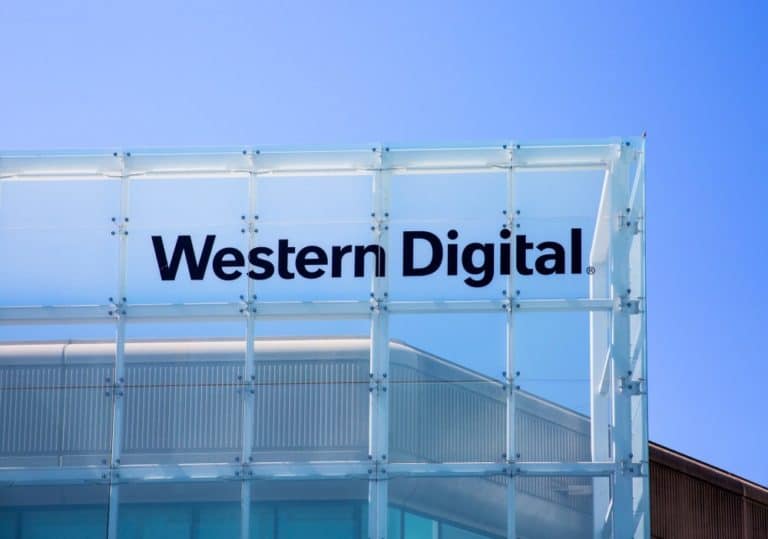Kioxia and Western Digital (WD) want to merge their memory chip operations into a new company. Nikkei Asia reports that the parties want to combine their forces in order to compete with market leader Samsung.
According to Nikkei Asia, Japanese company Kioxia and the US-based Western Digital want to merge their business units for producing NAND flash memory processors into a new company to be established.
Within the new company, Kioxia will initially get a 63 percent stake and WD 37 percent. After a capital adjustment, the share will be split into 50.1 percent for WD and 49.9 percent for Kioxia.
Kioxia chairman Nobuo Hayasaka would become the new chairman of the merged company and Kioxia would also provide most of the board members. It should be noted that, originally, Kioxia itself is an offshoot of Toshiba.
Counterweight to Samsung
The amalgamation of operations should provide a sizable counterweight to market leader Samsung. Kioxia is currently the world’s third NAND chip producer and WD is in fourth place.
Global NAND flash memory chip production has been under pressure for some time, with falling prices for NAND memory chips a regular occurrence. For example, prices for this type of memory fell between 10 and 15 percent in the second quarter of this year. Kioxia and WD have already suffered three consecutive quarters of losses for their NAND flash memory chip sales.
However, this market segment is expected to recover in the longer term, mostly thanks to the emergence of new technologies such as 5G networks and AI.
Previous attempts
This is not the first time the two companies have talked about joint NAND operations. As early as 2021, there was talk of the two companies working closely together and perhaps reaching a merger, under the WD banner. These talks eventually fizzled out.
New rumours surfaced about a possible merger between the two companies earlier this year. According to Nikkei Asia, the talks have resumed mainly due to WD. Within this company, activist shareholder Elliott Management is said to have pushed for a spin-off of memory chip production and WD was also working on a restructuring plan.
Of course, whether the joint NAND flash memory processor company will actually come about depends on the various regulators. Possibly, for example, the Chinese regulator could start to obstruct because of current U.S. sanctions, writes the Japanese business news site.
Also read: Canon deploys new chip machines to take aim at ASML’s monopoly
